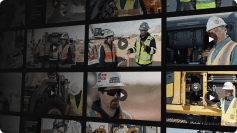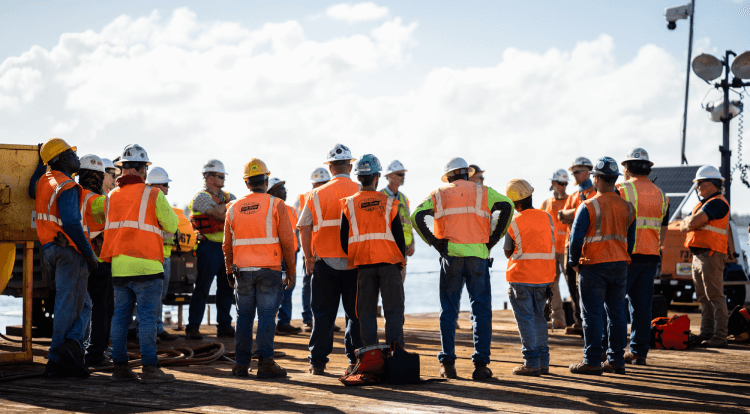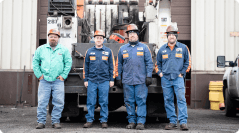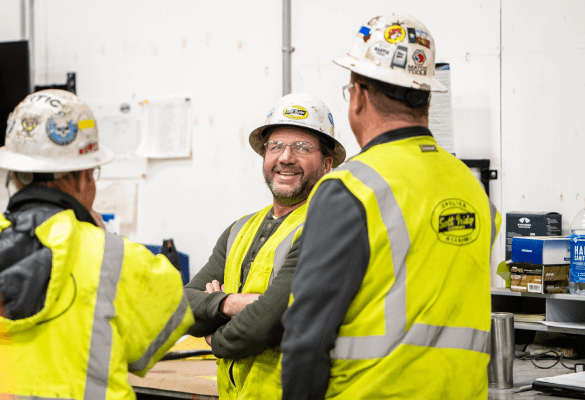6 Reasons Construction Businesses Are Unproductive
Written by Megan Hamilton
October 7, 2022
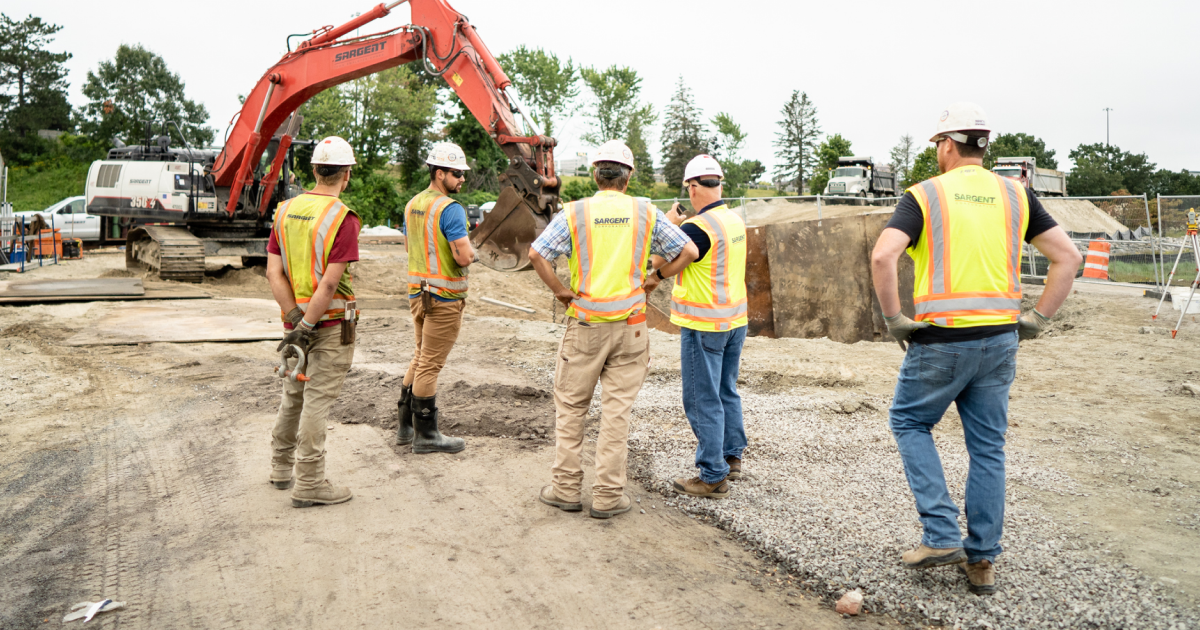
Low productivity haunts Dirt World businesses. It erodes profits and demoralizes your crew. It damages your brand, hurting your chances of getting repeat business and referrals.
Low productivity is like having a bunch of termites eating the foundation of your company.
The way to increase productivity (and, ironically, get rid of termites) is first to learn to recognize the signs that there’s a problem. Then, you have to diagnose what’s causing it.
There are six leading causes of low productivity in construction businesses:
- Crew mistakes
- New hires
- New foremen
- Avoidable machine breakdowns
- Poor communication
- Jobsite safety issues
This article will discuss these six causes and how they impact your team and your business. We’ll also give you a few tips for raising your productivity.
01Crew mistakes
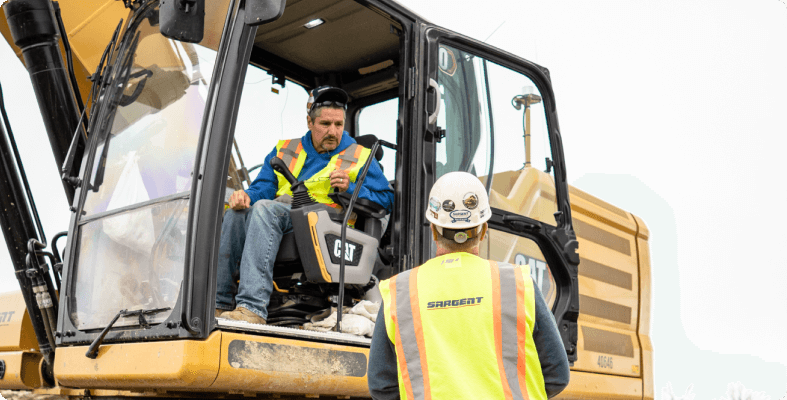
A certain number of crew mistakes are bound to happen. People are people, after all.
However, when crews make mistakes, they have to correct them. That slows down the whole job. Rework can quickly put you behind schedule, especially if it takes longer to do things right than it took to do them wrong.
Some crews or crew members seem to make more than their fair share of mistakes. These frequent project slowdowns cut into your profit. And if they’re severe enough, they can damage your company’s reputation. Then your brand starts to suffer, and word gets out that your projects run slowly or that you’re careless.
That can result in clients choosing not to hire you for future projects. They may also decide not to refer you to bid on other jobs.
Whether you’re dealing with chronic mistakes or occasional slip-ups, there’s always room to improve. Give your crew members task-specific training to help them do their jobs with fewer mistakes, and productivity will rise.
02New hires
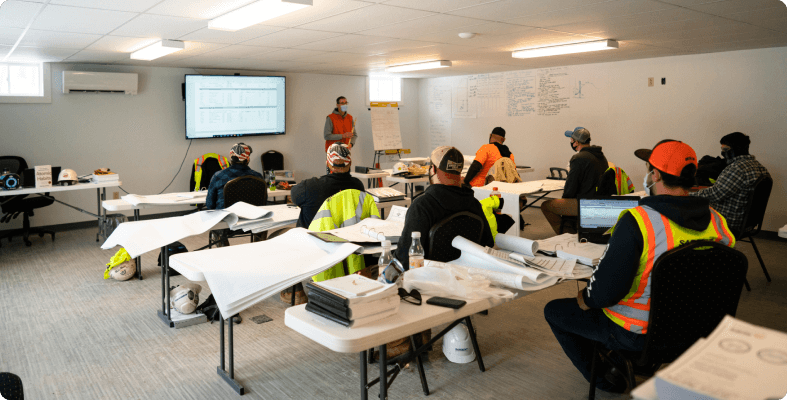
Hiring new crew members is exciting. You’re getting more hands on deck to get the work done! Unfortunately, they may not know how to do the work—especially if you’re recruiting the next generation of Dirt World workers. These youngsters don’t have past industry experience. Simply put, they just don’t know better.
New hires are more likely to stand around on the job than experienced workers because they don’t know what to do. They’re more likely to make mistakes because they don’t know how to do it.
Even if they’re doing everything right, they can’t work very fast yet. One day they will after they gain some experience. But today, they’re slow.
The solution is not to hire only experienced employees. Many young people are looking for meaningful work and will be phenomenal additions to the Dirt World when somebody gives them a chance. (Besides, even “experienced” new hires may not have gotten proper training—or any training—in the past.)
So don’t restrict your recruiting. Instead, expand it. Give people a way to get into the industry or a new role, and then give them the training to succeed.
Our clients at Bachtel Excavating, Inc. say, “Sometimes you have to slow down to go fast.” That’s what training does. It slows your new hires down for a few days while they go through the onboarding process, but proper training gets them producing a lot faster once they get on the jobsite.
03New foremen
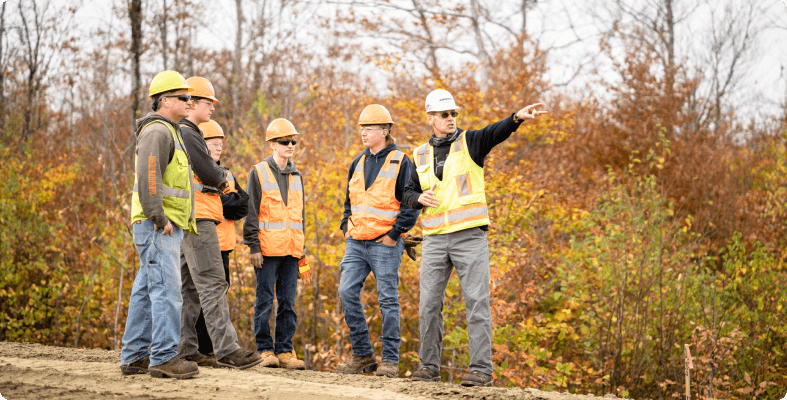
Getting promoted to foreman is a big deal, and it’s a dream job for many men and women in the Dirt World. You’ve got hardworking, ambitious people moving into leadership roles. That’s great!
However, their past roles have probably not prepared them for leadership. Many foremen start as laborers. They may take on unofficial leadership roles, shadow a more experienced leader, or mentor less skilled employees, but they’ve always had their foremen to fall back on. There’s a big difference between having someone else as a safety net and being the one running the show.
New foremen have never had a crew depend solely on them to read project plans and delegate tasks. They haven’t been responsible for keeping work on time and budget. They likely haven’t communicated much with project managers, the front office, or trade partners. They’ve probably never had to hire or fire anyone or have tough conversations with crew members.
That lack of knowledge leads to downtime for workers. They stand around in the field, waiting for orders. They’re more likely to make mistakes or have miscommunications in the field. New foremen can quickly become overworked and disappointed that their dream job isn’t what they hoped.
Every foreman needs leadership training to prepare them for the new tasks they have to do in this role. Good leadership training will teach them how to manage people and projects well, increasing productivity.
04Avoidable machine breakdowns
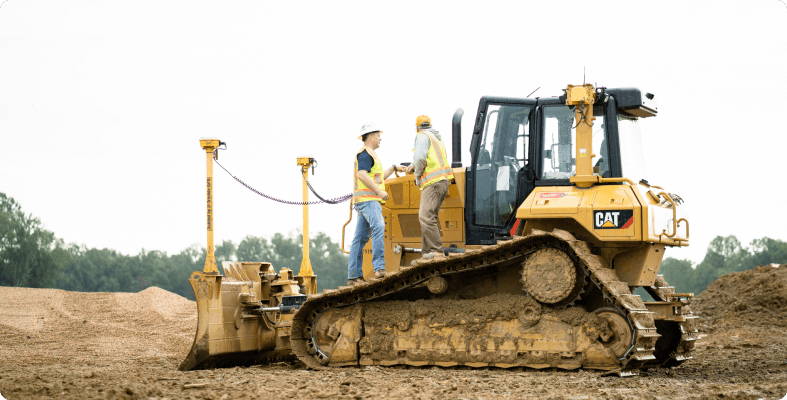
All machines eventually break down once in a while. But frequent, avoidable breakdowns are often because of the operator.
Your operators are intelligent people who are good at what they do. They’d never damage a machine on purpose. That said, many of them lack knowledge about how to care for and report maintenance issues with their machines properly. Operators who don’t know these things are more likely to have breakdowns—and therefore downtime—that they could’ve avoided.
The thing is, your operators want to know how to take care of this stuff. They want to feel like the machines are, in fact, theirs to care for. When you teach operators to take pride in and maintain their machines correctly, you’ll start to see your heavy equipment run better and last longer.
05Bad communication
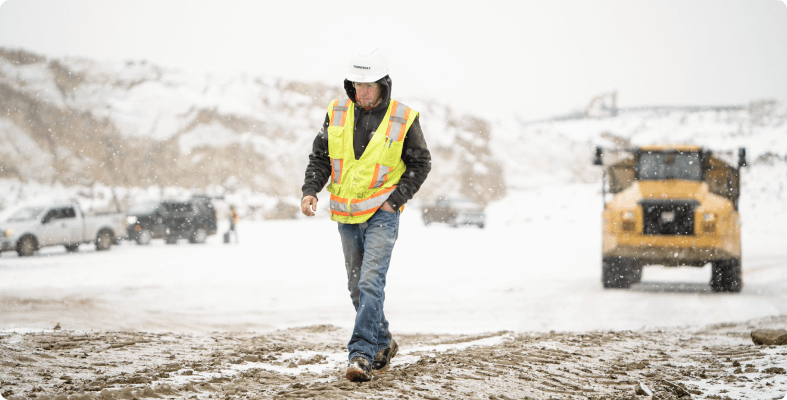
If you’ve been reading or listening to us here at BuildWitt for a long time, you know we harp on communication. That’s because it’s so crucial for your success. Inefficient or unclear communication leads to project slowdowns—no matter who it’s coming from.
It could be a grade checker who doesn’t use clear hand signals with an operator. It could be a foreman who doesn’t know how to correct his crew without screaming at them. It could be a project manager who doesn’t send all the necessary information to the field. It could be a pipelayer who doesn’t know who to ask for help, so she just doesn’t ask.
It doesn’t matter who communicated poorly; it just matters that somebody did. That’s why your whole crew needs training on good communication techniques.
Good communication includes learning how to delegate tasks, correct mistakes, ask for help, report issues on the job to the right person in the right way, talk to and about other crew members, build good relationships between workers and leaders, and so on.
06Jobsite safety issues
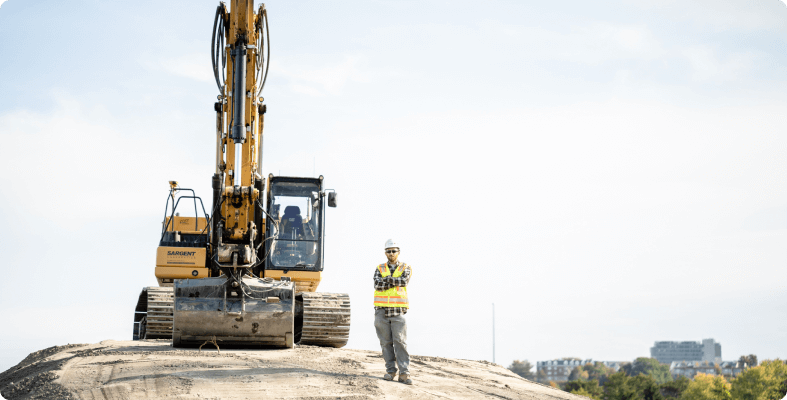
Jobsite safety issues can lead to all kinds of problems, like:
- Accidents and injuries
- Workers’ comp payments and paperwork
- Increased insurance rates
- Machine downtime
- Project slowdowns
- Low morale and mental health struggles among your crew
- Lost revenue, repeat business, or referrals
Any time people have to stop to fix a safety issue, clean up after an accident, or recuperate from injuries, that hurts productivity.
And heaven forbid if the worst happens and someone dies in an accident wearing your company name on their shirt. That may sound dramatic, but it does happen. In 2020, 1,008 construction workers died on the job—plus 165,300 who were injured or disabled.1
When you take the time to address and prevent safety issues, you’re literally saving lives. You’re helping your crew get home safe and sound to their loved ones at the end of the day. The fact that your productivity will also increase is just an added bonus from doing the right thing.
Want to learn more about keeping your crew productive and safe?
Our next article in this series will share how to weed out these issues so you can increase productivity in your construction business.


